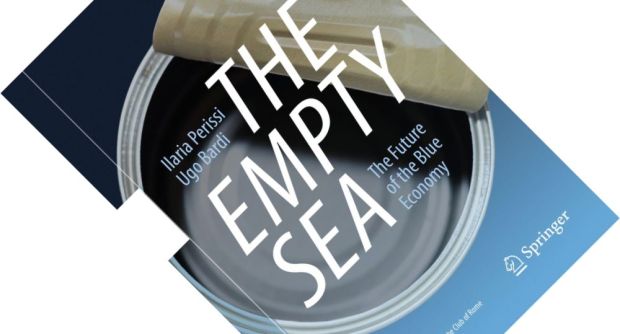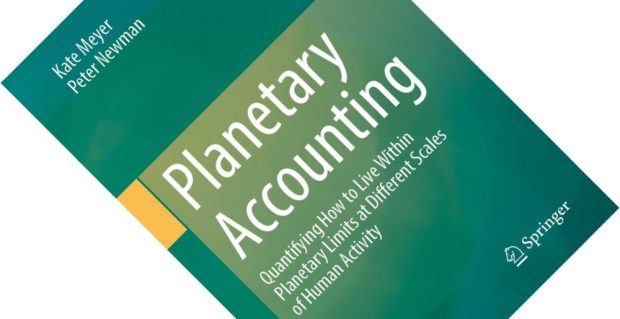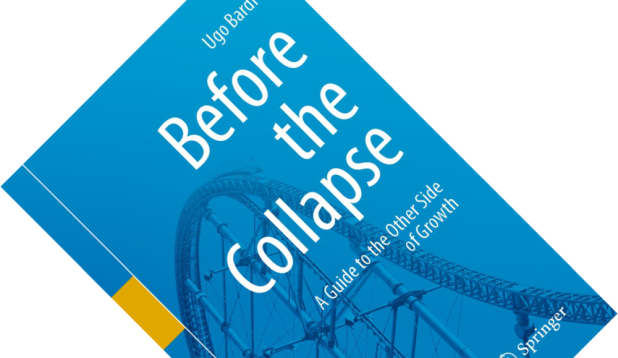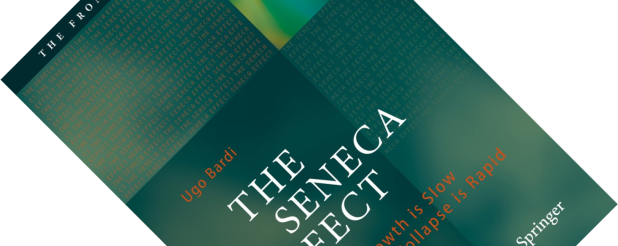7-minute read
keywords: environmental issues, natural resources
By now, most people are aware of greenwashing; the marketing spin used by companies and organisations to convince you that their products and practices and environmentally friendly when in reality they are not. In The Empty Sea, physical chemist Ilaria Perissi joins forces with her colleague, self-styled “collapsologist” Ugo Bardi, to take a hard-nosed look at the blue economy. This is the collective term for economic activities related to the sea, and there is something decidedly fishy about its promises of prosperity and abundance.




